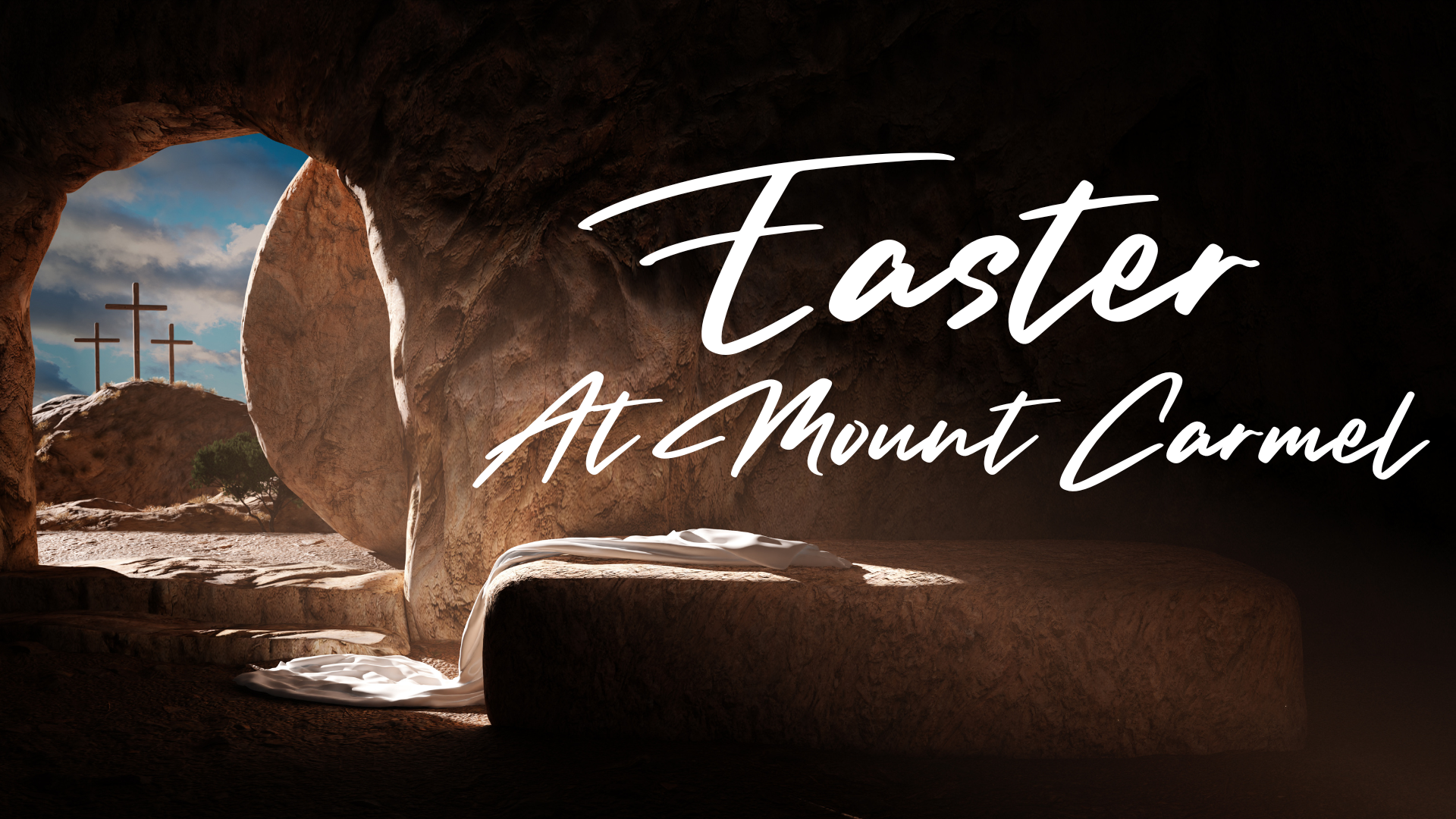By: Tim Peace
It’s funny the way we associate certain things with particular experiences.
Whenever I eat LaRosa’s pizza, I’m taken back to being a child and visiting Kings Island. I’m not even sure if the pizza gives me fond memories of Kings Island or if exciting experiences have made LaRosa’s pizza taste better all of these years later.
I’m sure you can think of something that you’ve connected to an experience that has forever altered the way you relate to that item.
These kinds of associations can occur with scripture passages too.
For most people, a common one is 1 Corinthians 13 and weddings. The passage, dubbed the “love chapter” by some, has become synonymous with the experience of witnessing a wedding. I have to confess, I take a sort of sick pleasure in teaching people that 1 Corinthians 13 isn’t about matrimony but is, instead, all about the calling Christians have to aim to love one another as the highest form of spiritual expression. Sure, the idea to love above all else works well within marriage, too, especially the kind of love scripture teaches, over and against the lesser forms of love that often get propped up in our modern culture. Still, 1 Corinthians 13 wasn’t explicitly written for weddings, it had a different purpose, a different context, and it spoke into a different situation.
Another passage that has a similar, although far less positive association, is Psalm 23.
Now, I’ll confess, for me, when I think of this passage, the first thing that comes to mind is Coolio’s 1995 hit single, “Gangsta’s Paradise,” where he raps the line “As I walk through the valley of the shadow of death, I take a look at my life, and realize there’s nothin’ left.” This song featured some sampling and lyrical content from Stevie Wonder’s 1976 song “Pastime Paradise.” Coolio’s track uses the scriptural line to begin a theme that details the challenges of living life in a gang-related setting. At times, speaking to the urgency of circumstances and the bleak and troublesome way one might have to respond in said circumstances.
This isn’t the association most people have of this Psalm, though. Most people hear this Psalm read aloud at a graveside service following a funeral. It is often read to comfort the bereaved, a reminder that while their loved one has passed away, they can be reassured their loved one is in the presence of God.
Whether as a lyric in a rap song or a hymn at a graveside, for most people, Psalm 23 carries a troublesome association with it.
This is sad because verse four in Psalm 23 is a hopeful, trusting, and faithful line. It’s not about death at all. In fact, the standard translation that Coolio quotes isn’t even the best translation.
The Psalm reads as follows:
The LORD is my shepherd, I shall not want.
He makes me lie down in green pastures;
he restores my soul.
He leads me in right paths
for his name’s sake.
Even though I walk through the darkest valley,
I fear no evil;
for you are with me;
your rod and your staff—
they comfort me.
You prepare a table before me
in the presence of my enemies;
you anoint my head with oil;
my cup overflows.
Surely goodness and mercy shall follow me
all the days of my life,
and I shall dwell in the house of the LORD
my whole life long. Psalm 23:1-6 NRSV
The Psalm is one in which David likens himself to a sheep and the Lord, a shepherd. In this analogy, the shepherd feels safe, secure, and capable of thriving because the Lord is a good shepherd. You’ll notice that verse four of the translation I’ve quoted above says, “Even though I walk through the darkest valley…” David writes this because he’s describing a scene in which a sheep follows a shepherd wherever the shepherd leads. As such, life will be full of both beauty and trouble. Yet, with the Good Shepherd, one can entrust their whole being to him and know that things will go well.
The passage is full of tension. Within David’s analogy, trouble is assumed, and anyone who’s lived for a while knows that life has its problems, but the point still stands that God is good and that whether resting in green pastures or walking through dark valleys, God’s presence remains with us and strengthens us.
Associations we form in life can often be pleasant and, at other times, not so much. But, when I reflect on a psalm like that of Psalm 23, I kind of wish I could just let it stand on its own. Associations can be powerful but not as powerful as the word of the Lord on its own terms.





Leave A Comment